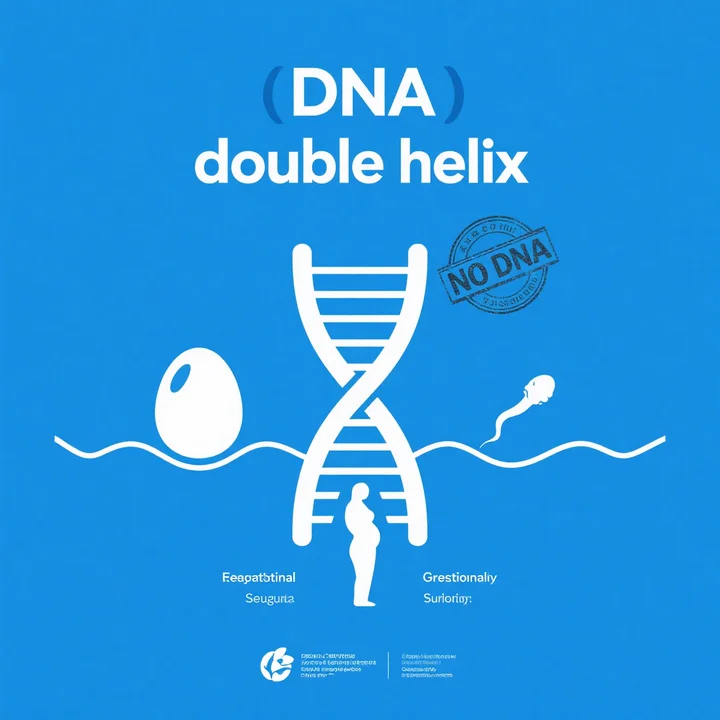The short answer: In gestational surrogacy, the baby does not share DNA with the surrogate, so it cannot naturally resemble her. However, in traditional surrogacy, the surrogate is the biological mother, so the baby may inherit her traits.
Here’s a detailed breakdown of how genetics work in surrogacy and why resemblance happens (or doesn’t).
1. Gestational Surrogacy (No Genetic Link)
- How it works: The embryo is created via IVF using:
- Egg from the intended mother or donor
- Sperm from the intended father or donor
- Surrogate’s role: She carries the pregnancy but does not contribute DNA.
- Result: The baby will not look like her—it inherits traits from the egg and sperm providers.
Example: If a gay couple uses an egg donor + one dad’s sperm, the baby may resemble the donor or the dad, not the surrogate.
2. Traditional Surrogacy (Genetic Link Possible)
- How it works: The surrogate’s own egg is fertilized with sperm (from the intended father or donor).
- Surrogate’s role: She is the biological mother, so the baby may inherit her features.
- Result: The baby could resemble her, depending on genetic dominance.
Example: If a single man uses a traditional surrogate (her egg + his sperm), the baby may have her eye color or facial structure.
3. Why Do Some Babies “Look Like” Their Surrogate?
Even in gestational surrogacy, people sometimes mistakenly think a baby resembles the surrogate due to:
✔ Prenatal environment: The surrogate’s diet/health can slightly influence the baby’s features (e.g., birth weight).
✔ Psychological bias: Observers may unconsciously associate the baby with the pregnant woman.
✔ Coincidental traits: The baby might share common features (e.g., hair color) with the surrogate by chance.
Science confirms: The surrogate’s DNA does not affect the baby’s appearance in gestational surrogacy.
4. Can the Baby Inherit the Surrogate’s Personality or Habits?
- No. Personality, intelligence, and behaviors are not influenced by the surrogate.
- Epigenetics (gene expression) can be affected by the womb environment, but core DNA comes only from the egg and sperm providers.
5. Key Takeaways
✅ Gestational surrogacy: Baby does not resemble the surrogate.
✅ Traditional surrogacy: Baby may look like the surrogate.
✅ Prenatal care matters, but genetics are fixed at conception.
Worried about resemblance? Choose gestational surrogacy for a clear genetic separation.




